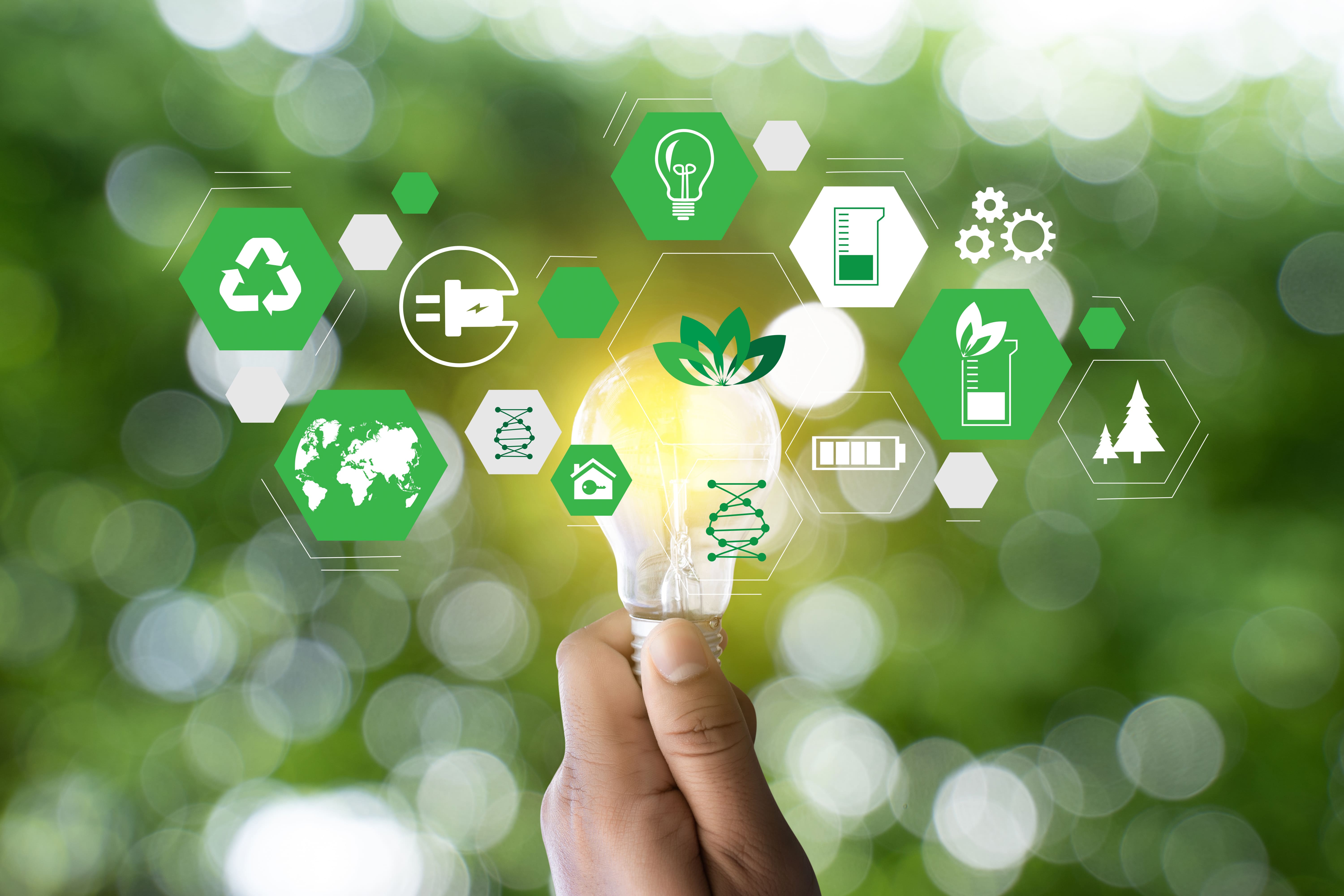Green can mean many things but “going green” has become a common term in today’s world for helping to save our planet and reduce global warming. The interesting thing is that “going green” can also mean saving money.
Use less gasoline - with today’s prices at the pump, this is one area where helping the environment can truly help stretch your gasoline dollars.
- Give your car a break. Combine trips whenever possible. Use mass transit, walk, or bike to where you need to go. It could also improve your health.
- Check your tire pressure regularly to avoid the wear and tear and decreased gas mileage that can result from under-inflated tires.
- Reduce driving speed and drive evenly. Excessive speed not only wastes gas but also does not generally get you there faster and it increases your chances of an accident. Hard acceleration and braking can also waste fuel and lower your mileage by 33% on the highway and 5% around town.
- Keep your car tuned up. An inefficient engine wastes gas and contributes to more carbon dioxide.
Use less electricity – it is easy to overlook ways to use less electricity. Utility bills, like filling the tank, are also at an all-time high.
- Lower your thermostat during cooler weather and raise it during the warmer months. Just one or two degrees can make a big difference in helping the environment and saving on your heating and air-conditioning bills.
- During the cooler months, leave the oven door open after using your oven and take advantage of the heat. Just be sure that a hot oven will not harm anyone.
- Wash your laundry with cold water whenever possible – most of the time, it will clean just as efficiently and will save you money.
- Turn off or unplug appliances when not in use – computers, battery chargers, curling irons, irons, and more.
- Turn off unnecessary lights when leaving the room or your residence – just not when it concerns your safety, such as during evening hours.
- Do not over-dry your clothes. If your dryer has a moisture sensor that will automatically turn the machine off when clothes finish, use it to avoid over drying.
- Remember to clean the lint trap before every load.
- Dry full loads, or reduce drying time for partial loads.
- When you replace light bulbs, look at replacing them with the new CFL or LED ones. They are initially more expensive but will save you more in the long run. They also help save our planet.
- Use more energy-efficient appliances. Many old appliances are very costly and use excessive amounts of electric to run. Turning them in for recycling or proper disposal may save you even more money and will help the environment at the same time.
Use less water – with the changing weather around the world, there are often drought conditions. Helping to save water will help the planet as well as conserve water for needed us, such as during extreme fire conditions.
- Wash full loads of clothing or, if you must wash a partial load, reduce the level of water appropriately.
- Wash full loads of dishes. In addition, scrape your plates instead of rinsing – this saves a lot of water.
- Take shorter showers whenever possible.
- Do not over water exterior landscape or interior plants.
- Report any standing or leaking water inside or outside your residence. Slow leaks can mean costly water bills and definitely will not help the environment.
By making everyday lifestyle changes, everyone can contribute to preserving our environment. There are so many ways to “go green” and “save your green.” Take some time to review your home and your lifestyle. What can you do to help the world and at the same time stretch your spending dollars? Don’t hesitate, go green today!












